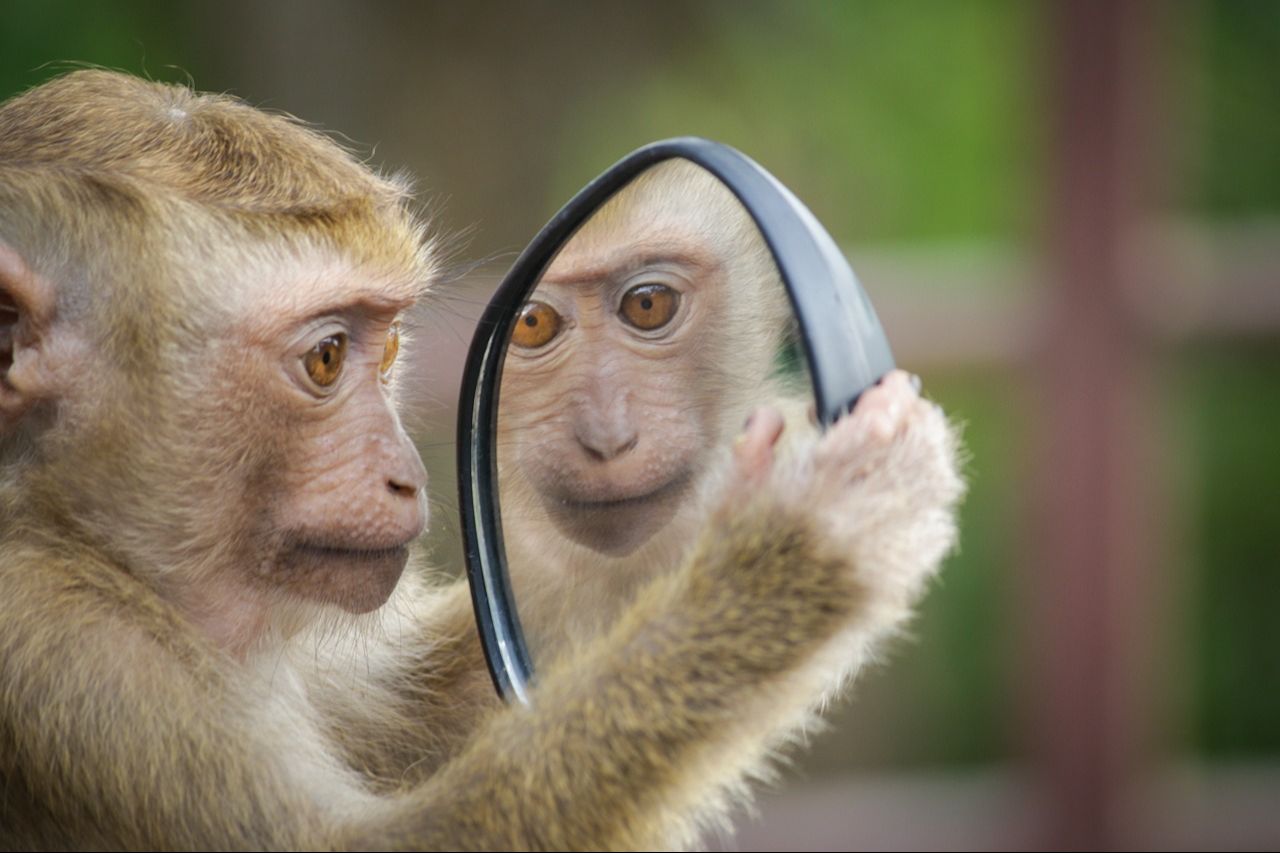Nourishing Your Relationship with Yourself: The Foundation of Everything Else

Do you ever wonder why some people seem naturally confident and at peace with themselves, while others constantly battle self-doubt? The answer might be simpler than you think.
A Tale of Six Sisters
Growing up in a family with six girls taught me countless lessons, but one stands out above the rest: we all experience the same world differently.
My sister—let's call her Emma—has always had a warm, loving relationship with our father. She describes him as helpful, thoughtful, and caring. In her stories, he's the dad who taught her valuable life lessons and invested deeply in her growth and happiness.
The rest of us? We have an entirely different experience of the same man.
For years, this puzzled me. How could people raised in the same household have such different relationships with the same parent?
The Thought Connection
My mentor Brooke Castillo offers an illuminating perspective: your relationship with someone is essentially the thoughts you think about them.
While I'm not sure this explains everything, I've seen enough evidence to believe there's profound truth here. Emma's thoughts about our father have created her relationship with him. My thoughts have created mine. Same person, different relationships.
But here's where this insight becomes truly transformative.
The Mirror Principle
If our thoughts about others shape our relationships with them, then logically, our thoughts about ourselves create our self-relationship too.
This means that right now, in this moment, your relationship with yourself is being created by the thoughts you're thinking about yourself.
So I want to ask you:
What are your thoughts about yourself?
How do you perceive your intelligence? Your appearance? Your body? Your unique gifts and talents? Your strengths and weaknesses?
Your answers aren't just idle self-reflection—they're actively creating the most important relationship in your life.
Three Ways to Nourish Your Relationship with Yourself
If you're realizing your relationship with yourself could use some loving attention, here are three practices to begin transforming it:
1. Listen to Your Inner Dialogue
Most of us have a running commentary in our minds that goes largely unexamined. Start paying attention to how you speak to yourself throughout the day.
Would you talk to someone you love the way you talk to yourself? If not, it's time to change the conversation.
When you catch yourself in harsh self-criticism, pause. Take a breath. And ask: "How would I respond if a dear friend shared this thought about themselves?" Then offer yourself that same compassion.
2. Practice Intentional Appreciation
Our brains have a negativity bias—we naturally focus more on what's wrong than what's right. This served our ancestors well for survival but can sabotage our modern well-being.
Each day, identify three specific things about yourself that you genuinely appreciate. They can be physical attributes, character traits, or accomplishments. Speak them out loud or write them in a journal.
The key is specificity and authenticity. Rather than generic statements like "I'm a good person," try "I appreciate how I remembered to check in with my friend who's going through a tough time."
3. Create a Growth Mindset Narrative
The stories we tell about ourselves have tremendous power. Are yours fixed ("I'm just not a math person") or growth-oriented ("I'm developing my mathematical abilities")?
When you notice fixed-mindset language in your self-talk, consciously reframe it:
- Instead of "I always mess up presentations," try "I'm gathering experience with each presentation I give."
- Rather than "I'm terrible with money," consider "I'm learning to make better financial decisions."
- Instead of "I'm too shy," try "I'm building my confidence in social situations."
Remember: your story about yourself is always being written—make sure you're the one holding the pen.
The Foundation of Everything
Your relationship with yourself isn't just some new-age concept—it's the practical foundation for everything else in your life. It affects your:
- Relationships with others
- Career choices and satisfaction
- Physical health and well-being
- Ability to handle challenges
- Capacity for joy and fulfillment
What one small step will you take today to nourish your relationship with yourself?
The journey of a thousand miles begins with a single step. Your journey to a loving, supportive relationship with yourself can begin right now, with one conscious choice.
I'd love to hear your thoughts and insights in the comments below!


